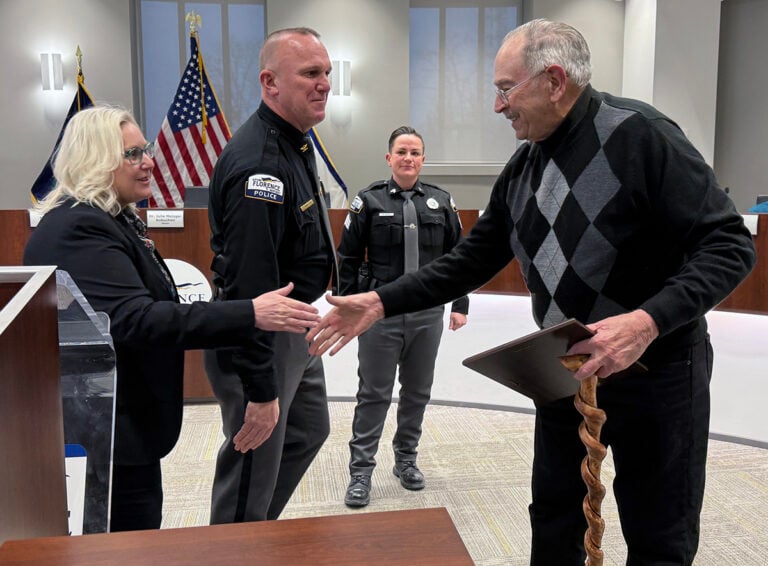Transitions Inc., a key organization in Northern Kentucky’s fight against drug and alcohol addiction, has appointed as its chief executive officer a long-time nonprofit leader who started his career there 25 years ago.
Jim Beiting, the chief operations officer of Catholic Charities Southwest Ohio, will replace Mac McArthur, who has led the organization for 25 years. Beiting has worked in counseling and nonprofit leadership roles around Greater Cincinnati, especially in behavioral health organizations.

“Jim has an impressive track record of success as a leader in the nonprofit world,” said Transitions board member Benjamin Dusing, a member of the search committee. “We are convinced he can move Transitions forward at a time when addiction treatment organizations are facing more demand for their services but are faced with limited
resources.”
Transitions, based in Bellevue, provides substance abuse treatment and related services, including to those who cannot afford services elsewhere. Its mission is to help individuals, families, and communities break the cycles of substance abuse, family abuse, violence, crime and poverty. It offers detoxification, residential and outpatient treatment, and supportive housing. It serves 3,300 people annually with a staff of about 125.
Beiting, who will start June 1, said one of his main challenges will be to find more resources to help more people recover, including those who have been impacted by the heroin epidemic. Transitions always has a waiting list for its services.
“Transitions can be twice as big and not serve all of the needs of Northern Kentucky,” he said. “That’s why it’s crucial that I focus so much attention on generating more resources.”
He also said he will focus on engaging the community to be more supportive of individuals suffering from addiction, helping to remove the stigma by making the public aware that addiction is a disease, not a choice.
The mission of Transitions is appealing to him because it has a single focus on addiction, rather than the broader missions that larger organizations pursue. “In some ways, I think that galvanizes the staff. You’re all there for the same mission.”
Beiting first worked at Transitions while pursuing his bachelors degree at Northern Kentucky University. He worked a part-time overnight shift, overseeing a residence with about 30 clients. After graduation, Transitions hired him as a full-time counselor, conducting individual and group therapy. His work at Transitions made him realize he had found a career.
Before joining Catholic Charities, he served as chief operations officer at Transitional Living, a behavioral health agency, and executive director at Community Behavioral Health, both in Hamilton, Ohio. Earlier, he served as administrator of a child protective program for the Butler County Children Services Board and as director of a batterers’ intervention program for the YMCA of Greater Cincinnati.
After his counseling work at Transitions, he went to Talbert House and TriHealth hospital network as a counselor and counseling coordinator.
He is a licensed independent social worker and a licensed independent chemical dependency counselor. His specialties include mental health, chemical dependency, gambling addiction, child welfare and domestic violence.
Beiting, 55, who lives in Liberty Township, Ohio, grew up in Hyde Park and graduated from Walnut Hills High School. He earned a bachelors degree in public administration from NKU and a masters degree in social work from the University of Kentucky.
Dusing said McArthur’s contributions to addiction recovery efforts in Northern Kentucky have been enormous.
“Mac built Transitions from a small organization to what it is today — an essential provider of drug treatment services in Northern Kentucky. Many people credit Transitions with saving their lives. Mac deserves a lot of the credit for that.”
Transitions, Northern Kentucky’s largest addiction services provider, was founded in 1969 by volunteers concerned about the lack of substance abuse treatment for the uninsured in Northern Kentucky. Since that time, Transitions has grown from the living room of its founders to 21 facilities across three counties.
From Transitions Inc.

















